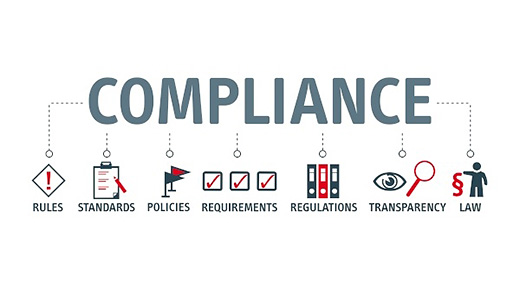Is your governmental hospital exempt under Section 501(c)3? If you have a 403(b) plan, the answer is yes, but even if you don’t, you need to check.
|
ADVERTISEMENT |
The Internal Revenue Service (IRS) is ramping up compliance audits of governmental hospitals that are exempt under 501(c)3 (dual status). The circumstances leading up to now are important because the implications can be difficult to understand.
At the end of 2014, the IRS released the final regulations under Section 501(r) for charitable hospitals exempt under Section 501(c)3. These regulations are in response to requirements enacted under the Affordable Care Act and finalize regulations first proposed in June 2012 to hold tax-exempt hospitals to a higher standard.

The final regulations confirmed government hospitals previously recognized as exempt under 501(c)3 are subject to all of the 501(r) regulations. The IRS noted that these hospitals could request to voluntarily terminate their section 501(c)3 recognition in order to not be subject to the regulations.
…

Add new comment